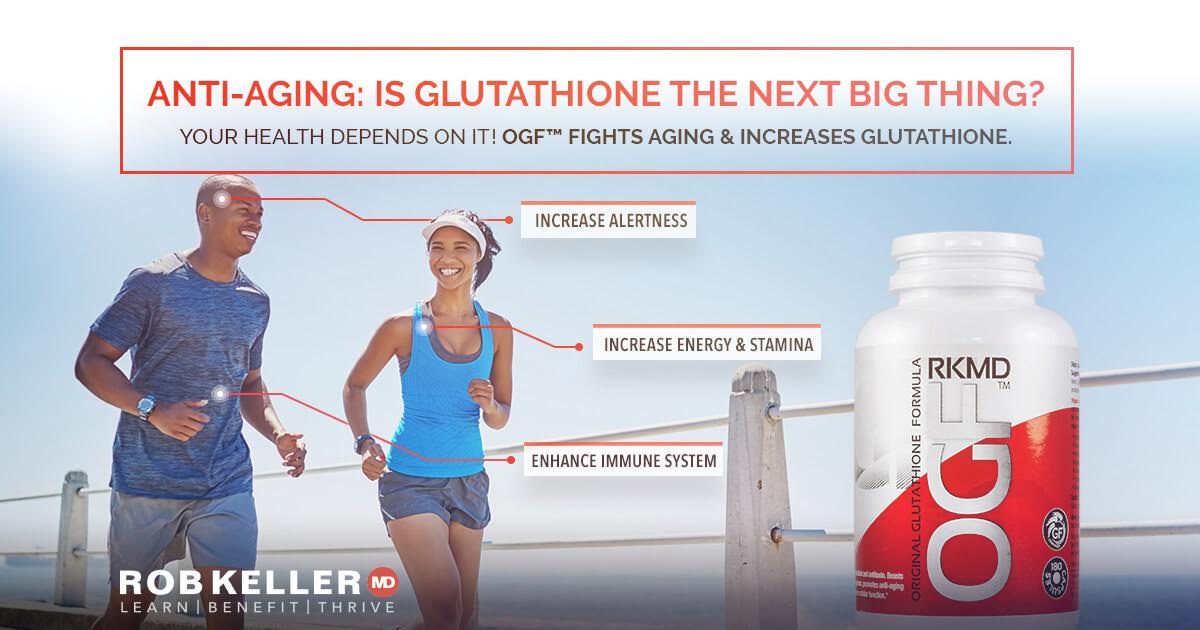The human heart is certainly a wonderous machine . Even before your first breath , the heart muscles are already at work , circulating oxygen enriched blood to every organ in your body and returnin oxygen depleted blood back to the lungs. On average, the heart will beat 37,869,120 times each year , year after year. That’s around two and a half billion heartbeats in a lifespan .
Clearly , your heart is your powerhouse and deserves protection. You know , no one can survive without a beating heart and indeed, with an average of 1 death every thirty four seconds , forty percent of all the deaths in the U.S.) are the result of heart disease, led by CAD- Coronary Artery Disease
As the hardest working organ in the body, your heart muscles will produce a continuous supply of energy and it’s this high requirement for energy creation which renders your heart vulnerable to the problem of free radicals. Hence , a heart has a high demand for antioxidants, the most valuable one is Glutathione.
The Heart’s Energy Production
The heart’s extraordinary ability to manufacturer energy is found inside each cell’s power plants known as Mitochondria. Each cell in every organ has these tiny energy producing locations . Most cells have a few hundred mitochondria, but the ones that make up the endlessly toiling muscles of your heart are estimated to include up to 5,000! The power that’s made in your cells, comes as a compound known as ATP – adenosine triphosphate. But , making energy has a price .
The by- products of creating energy are damaged molecules – free radicals and with the high concentration of energy producing mitochondria in heart cells , there is a matching concentration of free radicals . Without help from antioxidant activity , free radicals develop a cascading response within the cells that can kill them and their components – including the cellular DNA.
Heart Disease and Coronary Artery Disease
Arteriosclerosis – Coronary Artery Disease (CAD) which is generally called hardening of the arteries or loss of arterial elasticity is one of the leading causes of Heart disease. It has been connected to something called lipid peroxidase. That’s what you get if the lipids in your heart become free radicals. Lipids, by the way are a large group of molecules which include fats, sterols, waxes and the fat soluble vitamins D, E, A & K. As well as having high levels of Free radicals, patients with CAD also have reduced amounts of antioxidants like Glutathione. Without enough antioxidants to scavenge free radicals in your heart, this organ and its arteries will be subjected to a condition known as oxidative stress.
Our systems are designed to manage free radicals resulting from normal processes, but too many people are subject to extra stresses that aren’t natural . They include environmental chemicals ( like tobacco smoke!), lousy diets, the unhealthy pace and emotional stress of our busy lives and weak condition of our bodies from a lack of exercise. This has put our antioxidant resources at a health damaging disadvantage.
The Benefits of Boosting our Glutathione and Other Antioxidants
As we age , our systems naturally begin to slow down. The mitochondria in our cells gradually create less energy and we also produce less glutathione – which is critical for a healthy heart. Boosting glutathione reserves won’t make us live forever, but given how hard your heart is working for you , it must make sense to eat better, choose a healthier lifestyle and make a choice to increase your glutathione.
Oral Glutathione supplements are not effective, but you can increase your glutathione with a glutathione precursor like Dr Kellers Original Glutathione Formula.
